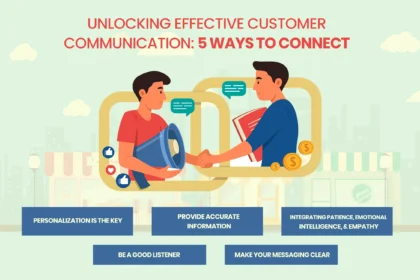Are company CEOs big readers? Many claim that they are, and there is some logic to that – after all, you want to stay ahead of the curve, and this often means poring over every last bit of information available.
Of course, time-strapped bigwigs are also unable to go through everything that is put out there, so they have to be selective, both in what they focus on and the sources that provide the source materials. Much like you want to play the best roulette with live dealer, so do CEOs wish to always get their news from the right place.
But as Roulette77 likes to say, there is no right or wrong – just experience, and experience comes at the cost of mistakes. Well, when you are running a multi-million or billion-dollar company, the wiggle room for mistakes is limited, which is why you need to be more selective.
Do CEOs Have Favorite Publications – They Do!
As it turns out, many successful people happen to be avid readers, and while some read begrudgingly and curse the effort necessary, other seems to honestly enjoy it. There are many different options for such successful people to explore as well.
- Award-winning non-fiction
- Deeper industry analyses & books
- Media articles
The third gets the most attention as it happens, as it often turns out to be the source of the other, deeper materials that C-level executives are keen to explore. Among the favorite publications here are:
| The Economist | The Economist is an interesting publication on this list. While it provides fewer business and financial analyses, it’s very much focused on understanding politics, tracking regulatory changes, and generally gives CEOs the 360-degree look they need on the world to excel. |
| Bloomberg BusinessWeek | Bloomberg BusinessWeek captures the success of businesses and may spark creativity in its readers, especially when they have the resources to realize new ideas quickly and often heedless of costs. |
| Wall Street Journal | Focused on the United States, the WSJ is an acclaimed publication that tracks stock markets, business innovation, regulatory changes, and more. |
| Financial Times | The FT is a staple in business circles, and it provides a breadth of financial analysis that few other publications can match. |
Is Reading Everything There is to CEO Success?
Of course, reading is not by itself a magic bullet. Even the most dedicated readers have to make sacrifices. You may enjoy yourself with a good piece of fiction or sci-fi as a person, but as a powerful individual at the helm of your company, you will probably not have the time to indulge yourself.
Instead, you need to focus on specific reading lists as they are the ones that you will need to make decisions about the future of your company, which could be employing hundreds, if not thousands, of people. Of course, there is a big reason for CEOs to also explore literature and not just media news flows.
Humanocracy, a book based on extensive research, argues that CEOs ought to treat employees as people first and numbers in their financial reports second. In fact, the book goes even a step further, arguing that CEOs ought to devolve power to achieve a better vision and execute transformative changes instead.
It is a rather revolutionary idea, indeed, and one that may rub people the wrong way – especially CEOs. And, besides, devolving power and focusing on personal employee needs rather than optimizing the workforce could backfire easily, even if Humanocracy suggests otherwise.
The truth is that CEOs need to read ample amounts of text to adjust themselves to the realities of the market today and tomorrow, which is a dynamic process that, on top of vast amounts of reading, also takes boldness and the strength to make daring moves in business and beyond.
Read a Book a Day – The Impossible Feat CEOs Do
Ultimately, you may lambast CEOs as being power-hungry or inhumane, but they are remarkable individuals who not only have a lot of power, they also have developed the skills needed to wield that power in the first place. Not everyone will make a CEO, and this is normal.
However, reading plays a huge part in what it means to be a successful CEO in the first place. Do you succeed or do you fail? This honestly depends on how well, as an individual, you assimilate knowledge, but it also takes grit, focus, training, and persistence – qualities that CEOs have aplenty.
While reading is important, motivation and consistency are just as important, as they allow you to excel over time. And, yes – as Warren Buffett likes to say, reading is like accumulating compound interest – it accumulates. The more you read, the more connections you see, and the more decisions you can make coming from a place of deeper understanding. It definitely pays off to read as a CEO – as a person.











